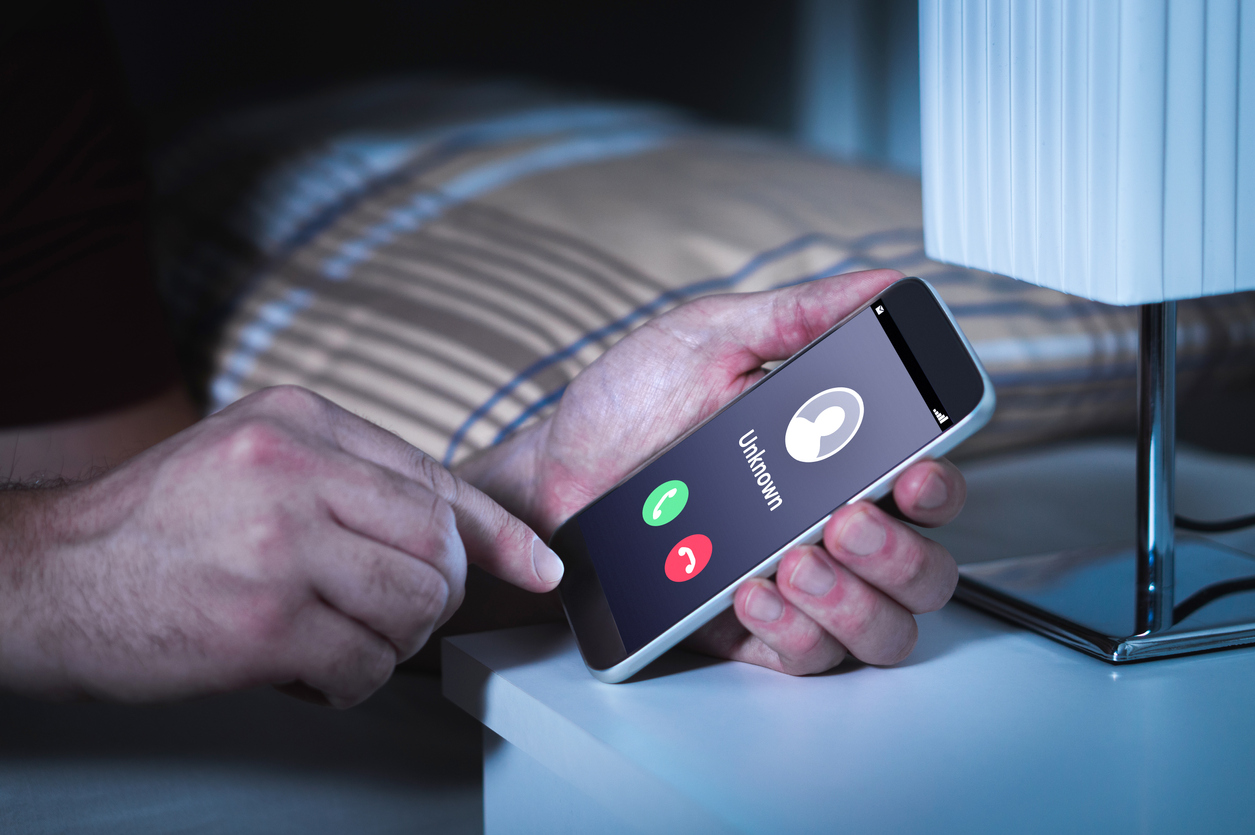By Mary Bach
Robocalls to home and mobile phones, and emails on personal computers are increasing, along with the number of scam victims. This is costing individuals billions of dollars.
I am getting more and more complaints about how annoyed people are with a ringing phone at any time of the day and night, with no one on the other end when they answer; or having a computer-generated voice saying something like “I’m Jessica from card services and I can help you lower your credit card interest rates.”
Or it’s a voice saying that “there is a problem with your computer and I need to help you fix it.” He wants you to permit remote access to your PC to make the repair. Or it may be someone calling to tell you that a family member has prepaid for you to have a medical alert device button that would summon help if you fall or are having a life-threatening health episode. All of these are scams.
While it is easy to hang up the phone, it doesn’t make them any less of an invasion of your privacy, and for those who fall for the scam, an absolutely devastating financial loss. Many times, the caller will ask you to press a phone key to connect with a live agent, or to opt out of these promotions and future calls. Don’t do it! Hang up. If you press any button, it assures the caller that they have reached a live potential victim and it will almost assure that you will get more of these calls.
There is one very onerous scam that comes from someone claiming to be a technician from the phone company, telling you there is a problem on your line and that you have to press #90 and hang up. If you do as you are told, you give access to your phone account to the caller who can now proceed to make worldwide calls with the costs being billed to your account.
Scam emails continue to be a problem. One that is currently being reported is a twist on the IRS scam. It is a fake form CP-2000 tax bill noting taxes that you owe under the Affordable Care Act. You are urged to open an attachment to the email to detail your case. Do not do this! If you do, your computer will be infected with malware that may cause your computer to crash or freeze, and you may then be in a circumstance where you actually have to arrange a ransom payment to get your computer and records back in operation. The IRS communicates only through regular USPS mail.
Sadly, caller ID can no longer be trusted to display accurate information, as scam artists now avail themselves with “spoofing” software that permits them to design the number or agency they want displayed on your caller ID. They commonly will display a local area code, business or government agency, and it may even display your own phone number. I make it a practice to reverse search many of the strange caller ID numbers, using my computer, and have found that many people are reporting them as scam calls. My search brings up words such as “extortion”, “red flag”, or “total fraud” in reference to these searched caller IDs.
I consider it a real shame that we all now have to be so cautious as we conduct our lives over the many communication networks that technology has invented to improve our lifestyles. I was personally involved with the initiation of Pennsylvania’s “Do Not Call List” legislation and its rollout, and joined the governor when he signed the bill into law. While there are exceptions that permit charities, politicians and businesses you have a relationship with to call, there are so many scam calls that even I sometimes cannot tell the difference. Don’t fall for them!
Mary Bach is a nationally recognized Consumer Advocate and Chair of the AARP Consumer Issues Task Force.

